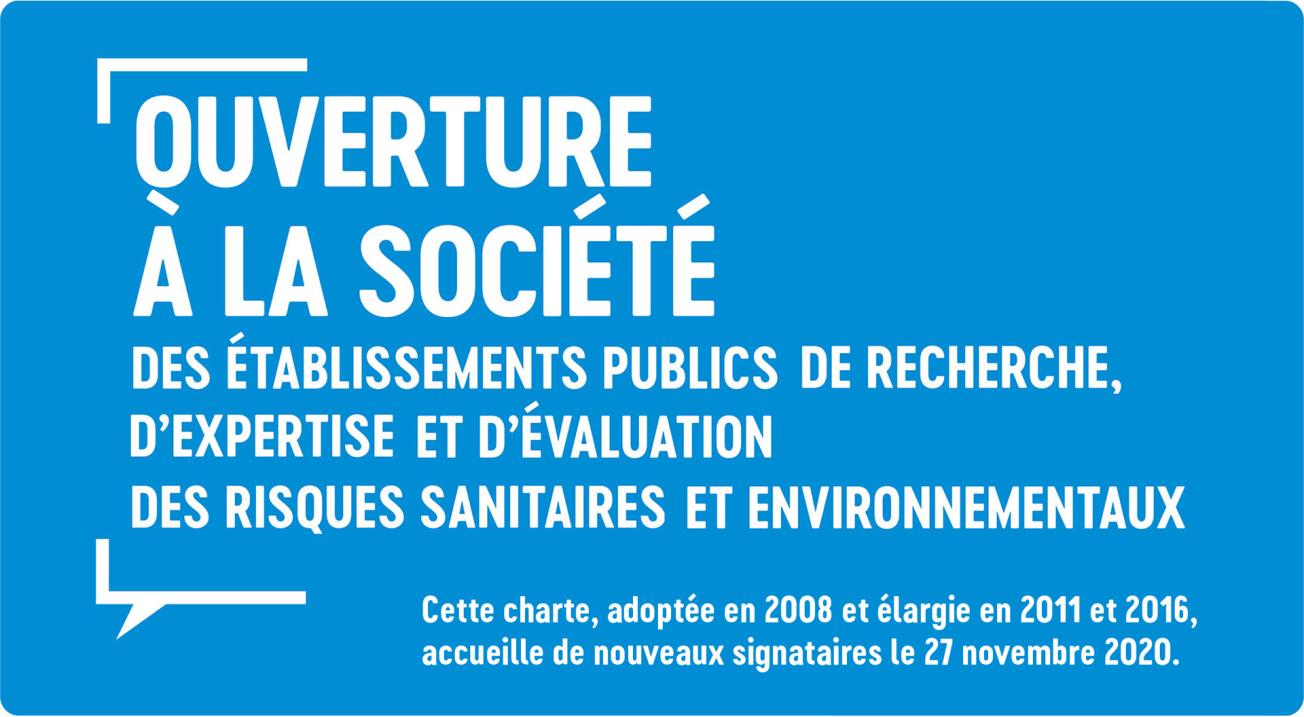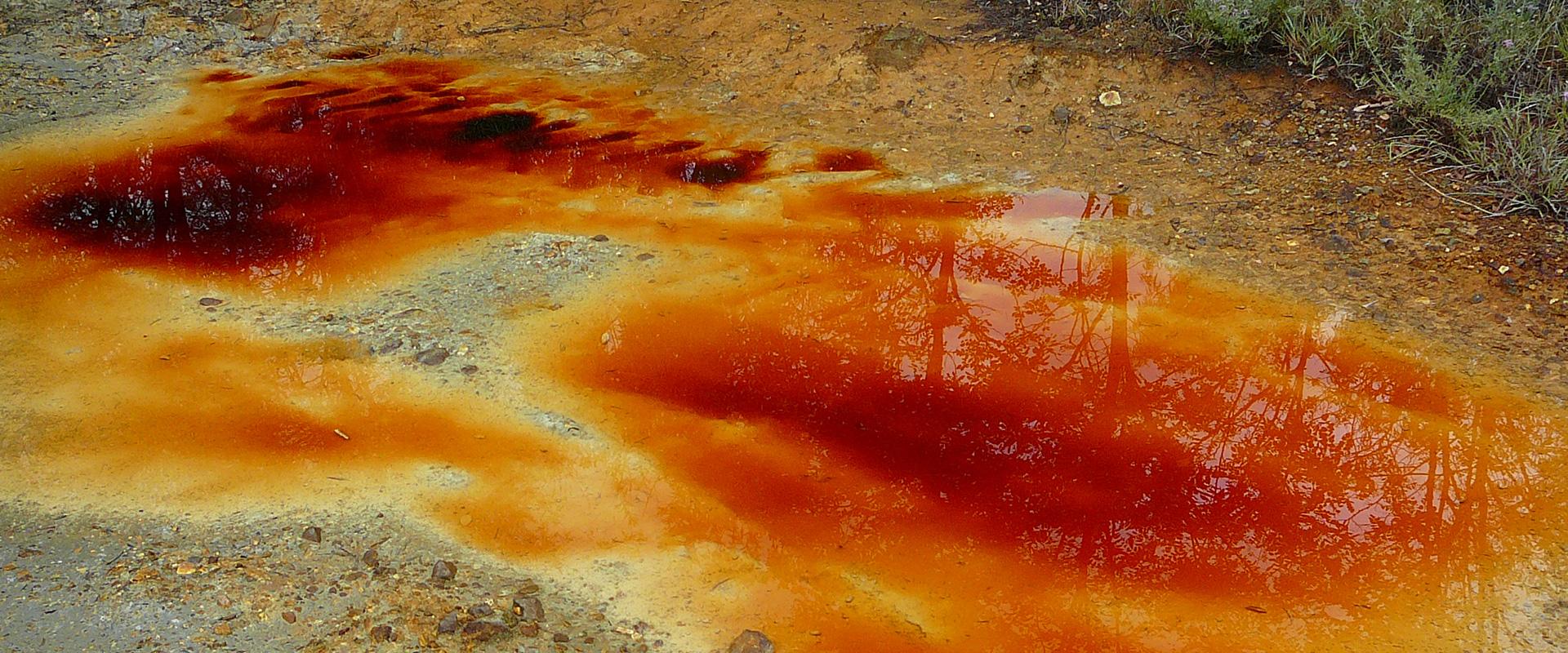
Charter for opening up public research, expertise and health and environmental risk assessment bodies to society.
© République française
On 27 November 2020, Anses, BRGM, Ifremer, Ineris, INRAE, IRSN, Gustave Eiffel University and Santé publique France signed a charter of openness to society. Adopted by several public bodies in 2008 and signed by BRGM in 2016, the charter of openness to society now extends to new signatories: Ifremer and, as part of their respective reorganisation, INRAE and Gustave Eiffel University.
Enhanced and regular dialogue is one of the essential pillars of public trust in scientific research and expert knowledge. With their involvement in missions of general interest, the eight signatory bodies share the same values of independence, transparency and maintaining the scientific quality of their work. These values are based on the same requirements for competence, sharing and impartiality.
Encouraging transparency and the sharing of scientific knowledge
Through their research activities, expert knowledge and/or scientific and technical evaluation, these eight public bodies share one and the same goal: to improve understanding of risks and of the resources to prevent and reduce them. They also share the same conviction that this ambition must support citizens concerned about health and environmental risks who are increasingly anxious to take an active part in understanding and assessing the risks.
By signing this charter, they confirm their intention to pursue the process of opening up and supplementing their work by means of enhanced public dialogue through 3 commitments:
- To support stakeholders and society in acquiring competence.
- To share the available scientific knowledge.
- To make their work more transparent.
In order to do so, every organisation undertakes to deploy specific and sustainable arrangements to implement fruitful public dialogue through 3 common objectives:
- To strengthen the capacity of personnel and students to conduct public dialogue.
- To identify and mobilise the resources required for public involvement.
- To develop tools to manage and publicise the approach.
United around this charter of openness to society, the signatories share their best practices and feedback and harmonise their activities to work towards a common goal: to improve the quality of their contributions to public policies and to society.
Public outreach: Michèle Rousseau, Chair of BRGM, discusses the institution's involvement in this process
Transcription
Opening up to society of public institutions involved in research, expertise and evaluation of health and environmental risks A few words about BRGM. BRGM is the French geological survey. Its role is to use research, expertise and innovation for all, for sustainable management of the resources and risks of the soil and sub-soil. When we say "for all", that means "for society". We must give answers to important societal issues: adapting to climate change, water resources, risk management, supply of mineral resources, whether they be mined or from a recycling process. What are BRGM's motivations to continue this opening up? Science-society dialogue is essential for institutions like ours, so that our research is used for society. An institution like ours must be able to explain what geosciences can give to citizens and to explain what they can't. When you're asked questions to which there is no answer, don't hesitate to say so. We must always come back to what science can or cannot say. How does BRGM's science-society dialogue work? Our approach is to ask our regional directors or overseas representatives to regularly organise meetings with NGOs, associations for the protection of the environment and to talk with them about their observations. That enables us to take into account their questions for our own scientific programming, and to highlight concrete cases that we have been able to resolve thanks to our research results. What are your future plans? Our plans are to continue to dialogue with society and to strengthen this dialogue. Since 2014, we have invited NGO representatives to participate in our governance bodies, the ethics committee in particular, but I don't think BRGM expresses itself enough on societal issues, and that in debates in media or on television, we should explain what geoscience has to say about societal issues. We respect our supervisory ministries. We are not here to make political choices. We are here to explain what geoscience has to say in the debate.








In collaboration with ANSES, IFREMER, INERIS, INRAE, IRSN, the Gustave Eiffel University and Santé Publique France, BRGM took part in redrafting the Public Outreach Charter of public institutions involved in research, consultancy and the assessment of health and environmental risks, signed in 2016. The new version was signed on 27 November 2020.